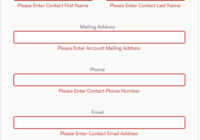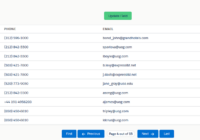Create Session Id in Salesforce Using Anonymous window
Here we are going to learn how to create session id in salesforce. >> Go to Developer console >> Open Anonymous window >>Write below code >> Then click on “execute” button. then Open Log. Click on Debug Only Checkbox. Double click on first line Copy the URL like below screen shot. OR >> Then click… Read More »

